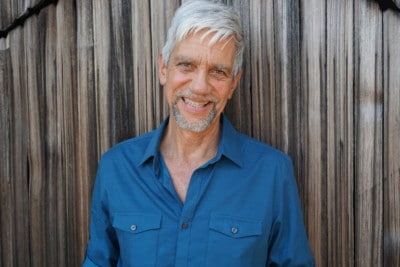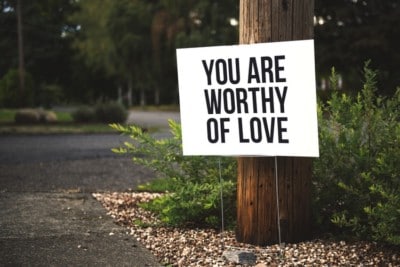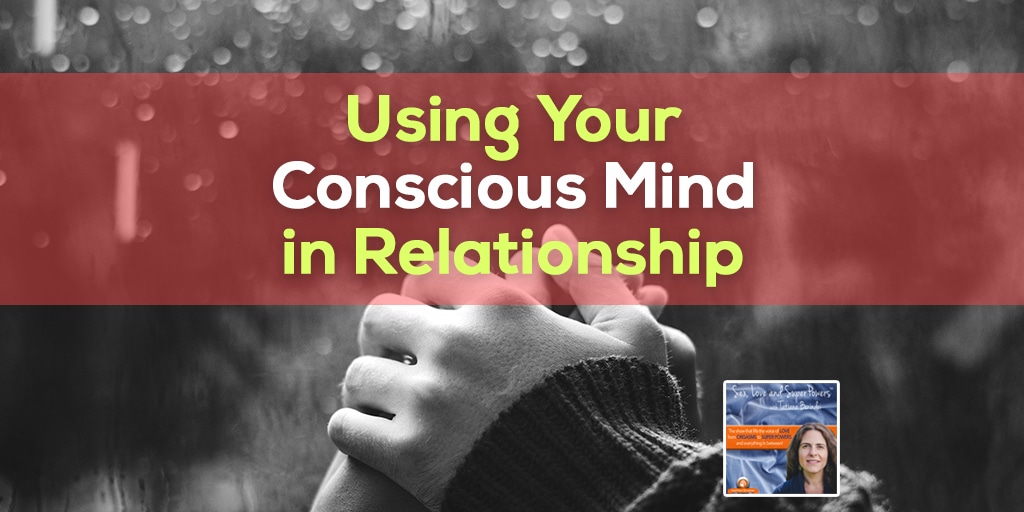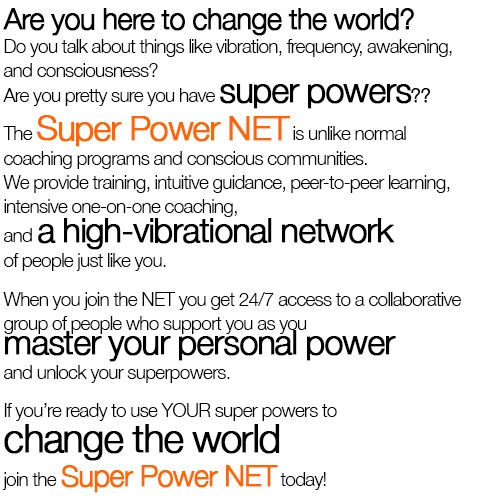
Hello everyone, welcome to the Sex, Love and SuperPowers podcast show. I am your host, Tatiana Berindei and I am really delighted to have with me today, Scott Catamas. He is an incredible man. We are going to be discussing using your conscious mind in relationships. Before we dive in, let me tell you a little bit about him.
Scott used to have a very successful career as a writer, director, and producer of Educational Programing, where he won multiple Emmy awards and he reached millions of people through his productions. Scott worked with many leaders in the new thought field including Dr. Marshall Rosenberg, Tony Robbins, Deepak Chopra, Wayne Dyer, Ram Dass, and on and on. Scott was so impressed with the transformational power of these tools that he shifted into being a full-time life coach and teacher.
Since 2007, Scott has facilitated over a thousand classes, events, and workshops and has personally coached over 350 individuals, couples, families and small businesses throughout the US, Europe and Asia. In November of 2011, Scott experienced a big life change when his beloved wife died of a massive brain tumor. Scott has dedicated the rest of his life to supporting people to enjoy life and love to the fullest.
In 2012, he created the Love Coach Academy, which trains other relationship coaches through retreats around the world in an ever-growing online library. He lives in Irvine, California and travels worldwide. I am so grateful to have you on the show with us today, Scott.
Thank you. It’s great to be here.
Absolutely. So before we dive into this really fun topic that I’m very much looking forward to exploring with you, about using your conscious mind in relationships, will you please tell our audience what your super powers are?
Yeah, thank you. It’s hard, it’s like “Wow, how do I do this without sounding like I’m egotistical?” But I guess you’re used to that.
Yes, we all have.
So claim my power, let me claim it.
Yeah.

I’ve come to experience and believe that the power of love is the power of compassion.
Well I know this is still easier for me to say that others will tell you that Scott is. A lot of people say that I’m the most compassionate man they’ve met. So assume I have a very strong super power of compassion and it’s something I’ve spent a long time cultivating. Early, early, early in my life, when I was asking that question, who am I, I always actually got the same answer, which is I’m an agent of change through the power of love and I’ve been working with that vision, that idea, that concept, for a long time, probably 45 years. I’ve come to experience and believe that the power of love is the power of compassion. That when we are really feeling another person, when we are really getting another person, when we are really walking in another person’s shoes, that’s love in action.
So I’m going to just pause you for a second because I think that way. I would love to hear you flush out. Not that I think that any of our listeners are idiots by any stretch of the imagination but just to have some lining up of terms and agreement of what we’re talking about. Compassion is a word that is used a lot, but I’m not sure that everybody necessarily understands what that means and what we mean when we say it. You were just talking about walking in another person’s shoes and really getting where another person is and a word that I often use when talking about that is understanding and it feels like.
So yeah, just bring us into your world a little bit with that. I mean I can feel it and I’m sure our listeners can feel it too, but let’s flush it out, a little more.
Sure. Well, for starters, the word compassion is from the Latin language and it means with passion and the literal meaning is to feel with each other, to feel the passion. And passion actually in the original Latin term wasn’t so much about romance and sexuality as it was about feeling, even pain.
So like empathy, basically.
Empathy, absolutely. Empathy. And I use the word empathy quite frequently. Sometimes, I use compassion, sometimes I use empathy. So what we’re wanting to do is feel with another and so often, when somebody’s having uncomfortable feelings in our culture, we judge it as bad feelings, negative feelings and we’re quick to correct it. “Oh, don’t be so sad. Oh, don’t get so angry.” So there’s two common examples and what it really is is we are uncomfortable when someone else in our field is sad or angry. And because we’re uncomfortable, we want to change it. “Don’t cry. Don’t get mad at me.”
But in our truly compassionate, loving place, we don’t try and change it. We don’t try and deflect it. We certainly don’t gaslight and make them wrong for having those feelings. Like you just said, we drop into understanding. “Tell me more about why you’re sad.” Or even, “Tell me more about why you’re angry with me right now.”
Yeah, I think in the spiritual communities actually that can happen a lot too where it’s like, “Oh you must be negatively creating,” if you’re having a difficult emotion. You did something wrong because you’re having a hard feeling right now and therefore, you need to distance myself from you because it’s contagious.
Yeah. Isn’t that about the most unspiritual way of thinking?
I know, I know. But it happens all the time, right?

To me, that has nothing to do with the books that you read or even the church that you go to. It’s how do you treat other people.
Yeah, I like to joke that when somebody does that, when somebody’s in pain and the other person goes, “So, why did you create that?” It’s kind of like, well, then you just slug that person and say, “Why did you just create that” Not exactly the most compassionate response. I just blew my story about my super power of being compassionate but it’s like, it’s like the gift of presence and what it is being spiritual. To me, that has nothing to do with the books that you read or even the church that you go to. It’s how do you treat other people.
Absolutely.
Really, that to me is the real marker of spirituality and some of the people I’ve met that I admire as very spiritual beings, are very quiet, very humble, and they just quietly go about their way making the world a better place with not a lot of fanfare.
Yes. They don’t have a lot to say. Not that there’s anything wrong with having a lot to say but some of the most spiritual.
Oh no! Now I can’t promote my website at the end of this. That’s truly spiritual.
I’m sorry, that was the worst segue.
Do you remember, there was a wonderful scene in the movie Life Of Brian, which is Monty Python’s?
I love it.
His take on Christ, right?
Yeah.
So everybody thinks he’s the Messiah and he’s not the Messiah. He’s not the Messiah, he’s just a dirty boy. So anyway, they’re all saying, “He’s the Messiah, he’s the Messiah.” And he says, “No, I am not the Messiah.” And then people go, “Only the true Messiah would say he’s not the Messiah.” So then he goes, “Okay, I’m the Messiah.” And then they go, “He’s the Messiah, he’s the Messiah.” So it’s like, whatever you do, people are going to believe what they want to believe.
So, so true. I am really looking forward to diving into this. Scott, before we got on the recording, we had a great conversation about how he guides clients to use their conscious mind and the frontal lobes of the brain get out of the anterior brain. And we’re going to dive into that when we get back from the break. But we do have to go to a quick break and before we do, will you please give our audience the information where they can go to find out more about you and your work, Scott?
Absolutely. They can go to my not-so-humble website at www.lovecoachscott.com.
Thank you. So we’ve been talking with Scott Catamas about using your conscious mind in relationships more when we get back, stay tuned.
To listen to the entire show click on the player above or go to the SuperPower Up! podcast on iTunes.
Music Credit: All instruments played by Amanda Turk. Engineered and produced by Tatiana Berindei and Daniel Plane reelcello.com
Podcast: Play in new window


